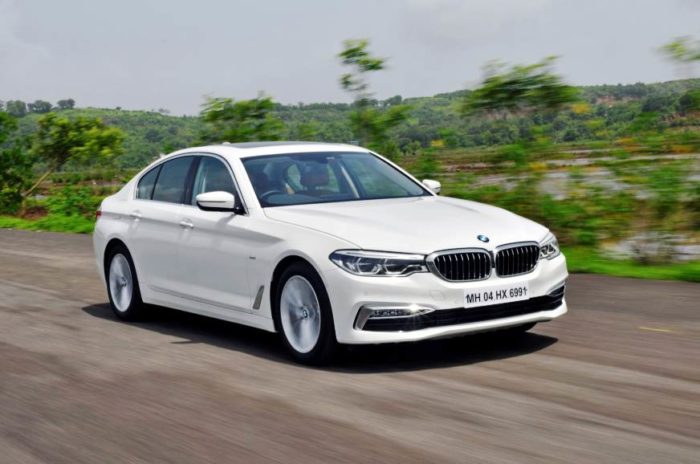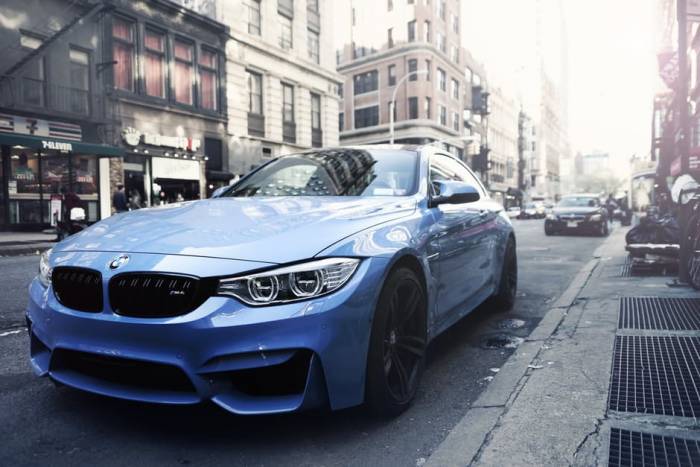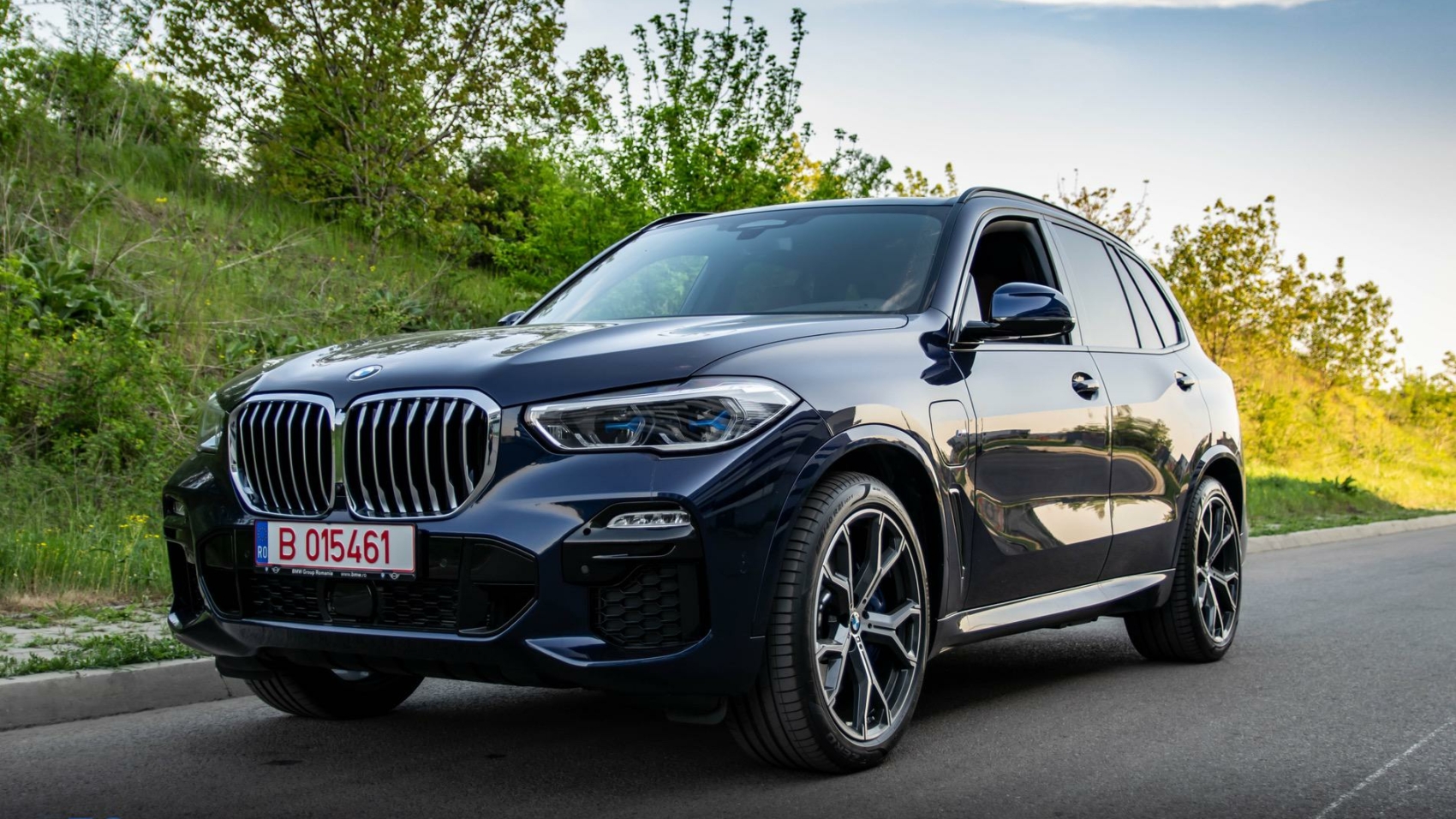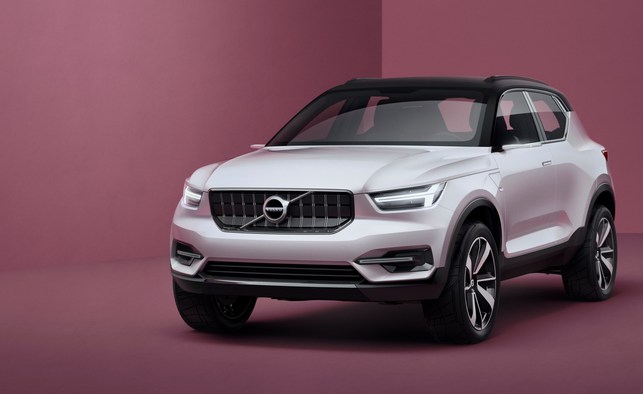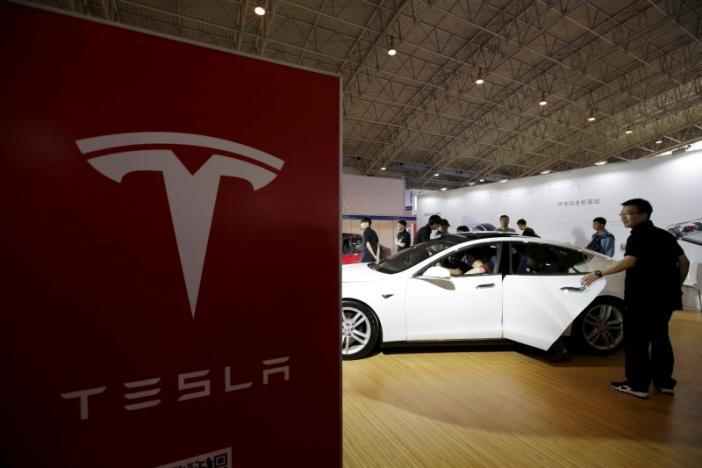Now Reading: BMW’s China electric car export plans on hold due to uncertainty
-
01
BMW’s China electric car export plans on hold due to uncertainty
BMW’s China electric car export plans on hold due to uncertainty

BMW’s ambitions to establish China as a center for exporting electric vehicles are currently on hold because of uncertainty over potential trade tariffs between China and the United States, company executives informed Reuters.
BMW has factories in Europe, China
But Washington and Beijing are engaging in a trade dispute, with U.S. President Donald Trump threatening to boost tariffs to 25 percent from 10 percent on $200 billion of Chinese goods if the two sides can’t agree on a deal.
The uncertainty is making it difficult for BMW to decide anything about exports, chief executive Harald Krueger stated.
“We have no basis for taking a decision at the moment. Whether this is financially viable and whether it makes sense needs to be reviewed,” Krueger informed journalists at the Geneva car show.
BMW purchased a majority stake in its Chinese joint venture partner Brilliance last year and announced strategies to
Until now, BMW has no other strategies to produce the electric X3 in other
BMW has also signed a memorandum of understanding with China’s Great Wall to work on electric version of the Mini.
Whether an electric Mini could be exported from the country is an open question, Peter Schwarzenbauer, BMW’s board member accountable for Mini informed Reuters in an interview.
“That’s probably the most strategic question we have talked about over the past two or three years. With all the uncertainty around tariffs. I wouldn’t be able to give you a good answer
China’s size and government rules favoring regionally produced electric cars make it worth it for BMW to pursue the alliance with Great Wall to work on a Mini in China.
But BMW has still taken no decision where to have Mini’s export center for electric cars. It has the alternative of building electric Mini’s in Oxford, England, Born the Netherlands and in China, Schwarzenbauer stated.
“If China export is something that can be done easily, we could export much more out of China. If this becomes hard, we have to balance it with Oxford and Born.”
Stay Informed With the Latest & Most Important News
Previous Post
Next Post
-
 01Polestar Boss Says It’s Time To Outrun BMW M And Mercedes-AMG
01Polestar Boss Says It’s Time To Outrun BMW M And Mercedes-AMG -
 02Spy Shots: 2027 Mitsubishi Pajero Spotted in Testing Ahead of Possible U.S. Return
02Spy Shots: 2027 Mitsubishi Pajero Spotted in Testing Ahead of Possible U.S. Return -
 032026 Toyota Hilux EV: A Powerful Truck with Silent Torque
032026 Toyota Hilux EV: A Powerful Truck with Silent Torque -
![2027 Mercedes-Benz S-Class Debuts with V8 Engine [Photo Gallery]](https://speedlux.com/wp-content/uploads/2026/01/2027-Mercedes-Benz-S-Class-33-155x125.jpg) 042027 Mercedes-Benz S-Class Debuts with V8 Engine [Photo Gallery]
042027 Mercedes-Benz S-Class Debuts with V8 Engine [Photo Gallery] -
 05Spy Photos: VW ID. Polo GTI Goes Electric with 223 HP and 280 Miles of Range
05Spy Photos: VW ID. Polo GTI Goes Electric with 223 HP and 280 Miles of Range -
 06Hyundai Palisade’s Breakout Year Shows How Quickly the Market Can Turn
06Hyundai Palisade’s Breakout Year Shows How Quickly the Market Can Turn -
 07The Controversial Ford Voodoo V8 That Was Killed Off Too Early
07The Controversial Ford Voodoo V8 That Was Killed Off Too Early



![2027 Mercedes-Benz S-Class Debuts with V8 Engine [Photo Gallery]](https://speedlux.com/wp-content/uploads/2026/01/2027-Mercedes-Benz-S-Class-33-700x394.jpg)




































